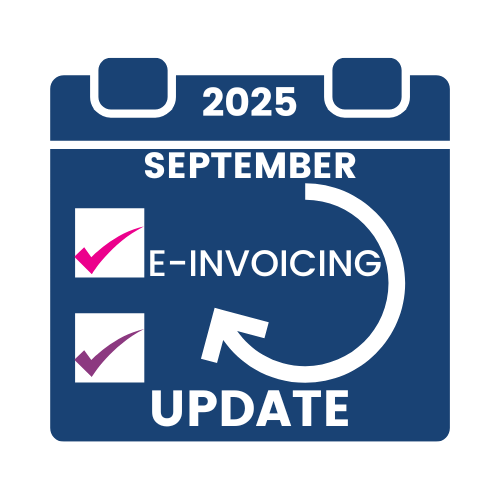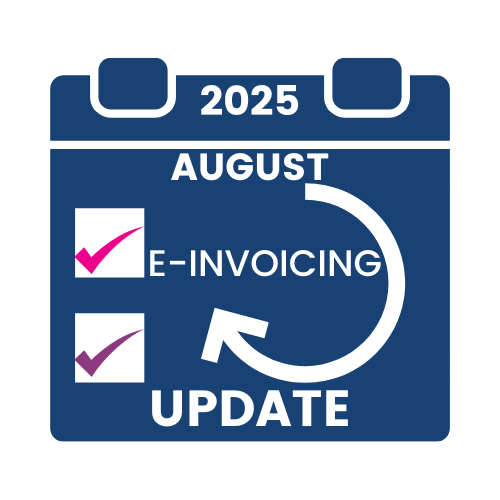Enterprise resource planning (ERP) systems are designed to streamline and automate many core business processes, including finance. However, ERPs are not a one-size-fits-all solution, and there are some important reasons why you should not rely on your ERP for all your finance processes
ERPs are not designed to handle all the nuances of finance processes.
ERP systems are designed to be general-purpose solutions, and they may not be able to accommodate the specific needs of your business. For example, your ERP system may not be able to handle complex vendor management requirements, or integrate with another 3rd party software that is integral to your business.
ERPs can be complex and expensive to implement and maintain.
Implementing and maintaining an ERP system can be a complex and expensive process. This is especially true for large and complex organisations. If you are not careful, you could end up spending more money on your ERP system than you save on manual processes. Many large organisations use 3rd party Implementation/Project Managing Consultants to customise their ERPs and go so far from the original setup the ongoing maintenance of the system becomes untenable.
ERPs can be inflexible and difficult to customise.
ERP systems are typically designed to be used in a specific way. This can make it difficult to customise the system to meet your specific needs. If you need to make significant changes to the way your ERP system works, you may need to hire expensive consultants.
ERPs can be slow and inefficient, especially for large and complex organisations.
ERP systems can be slow and inefficient, especially for large and complex organisations. This is because ERP systems need to process a large amount of data. If your ERP system is slow, it can delay important financial processes, such as accounts payable and purchasing.
ERPs can be a security risk, as they contain sensitive financial data.
ERP systems contain sensitive financial data, which makes them a target for hackers. If your ERP system is not properly secured, it could be compromised, which could lead to financial losses.
Accounts payable and purchasing are two areas where it is especially important to have a dedicated solution.
Accounts payable and purchasing are two areas of finance that are highly complex and require a high degree of specialised knowledge. ERP systems may not be able to provide the level of support that you need in these areas.
Here are some specific examples of how a dedicated accounts payable and purchasing solution can benefit your business:
Automate manual tasks
A dedicated accounts payable and purchasing solution can automate many of the manual tasks involved in these processes, freeing up your team to focus on more strategic work.
Improve accuracy
A dedicated solution can help you to improve the accuracy of your accounts payable and purchasing processes by providing real-time visibility into all of your transactions.
Reduce costs
A dedicated solution can help you to reduce your costs by streamlining your processes and eliminating errors.
Improve compliance
A dedicated solution can help you to improve your compliance with financial regulations by providing a centralised system for managing your accounts payable and purchasing data.
If you are looking for a way to improve your finance processes, consider using a dedicated accounts payable and purchasing solution. A dedicated solution can provide you with the level of support and functionality that you need to streamline your processes, improve accuracy, reduce costs, and improve compliance. Get in touch with our Listening Team to find out how separating your Accounts Payable and Purchasing processes can save time, resources and money.





